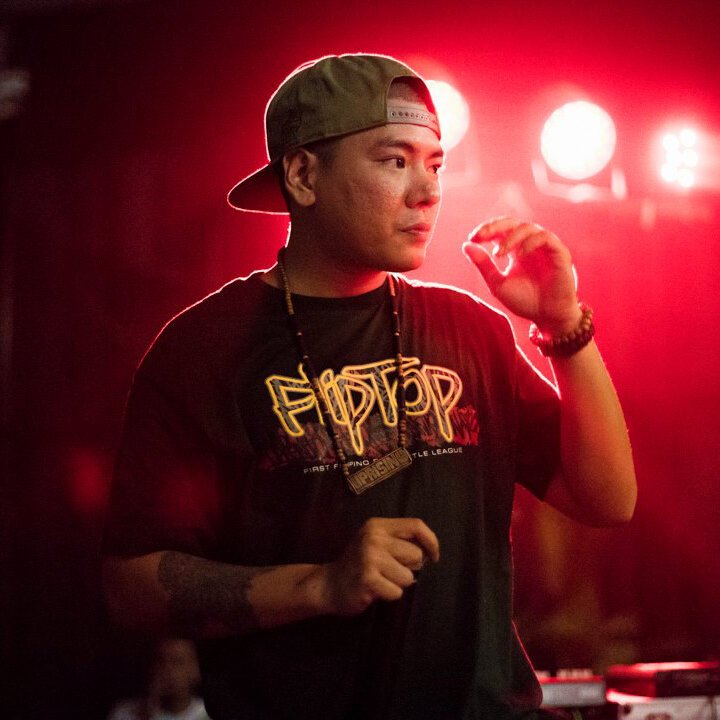Fliptop: The Uprising of Rap Battle Leagues
Fliptop Battles were recently recognized on Netflix's Midnight Asia. Fliptop has been around since 2010. People who grew up watching Fliptop are aware that it was founded by Alaric Riam Yuson, also known as Anygma, and others. Every brand or company have had their own experiences of ups and downs, and for Fliptop, was the accusation of having rigged battles. That could be the case, as Fliptop Battles has been making the rounds in the midst of the COVID-19 crisis.
It was nice of Netflix to recognize Fliptop Battles; it is a true honor for those who participated in the organization because it is not only something we Filipinos are proud of. It also says a lot about Fliptop's cultural impact. In many ways, since the rap battle league's inception in 2010, we've seen and known a plethora of rappers, both mainstream and underground. It's safe to say that we've grown to appreciate these people, and we've come to accept the emerging hip-hop culture.
Hip-hop Culture first emerged in the Philippines in the early 1980s, and it was the iconic Francis Magalona who took it to the next level in his prime. Since then, something about the Hip-hop culture in the Philippines has made everything better, one of which is the rap battle. With the rise of Fliptop Battles, hip-hop culture was something that many people avoided or ignored because the words were, to put it mildly, not entirely enticing. But, having said that, I admired how quick-witted these emcees were and are. Writing is one of the more difficult tasks. Everyone, without a doubt, has the ability to write. When it comes to writing, however, not everyone is capable of producing outstanding results. Writing something that people can truly understand and be able to connect with requires a great deal of talent and brain power.
There was a balagtasan before Fliptop, and now many articles and research papers I've read refer to Fliptop as "Modern Day Balagtasan." Those three words have left an indelible mark on our culture. Rap was once a voice, and it is still a voice, along with other types of music. Overall, Fliptop is about more than just disrespecting other opponents; it is also about inclusivity and exhibiting how great Filipinos can be when it comes to expressing their talent.
Fliptop, among other things in Hip-hop culture, has dealt a good hand to our culture because of how entertaining and eye opening the words were and are, and as a result, people did come around to it, and they are still here, even with the crisis going on, and it is truly admirable because with every challenge there is a great outcome when we see it through.






